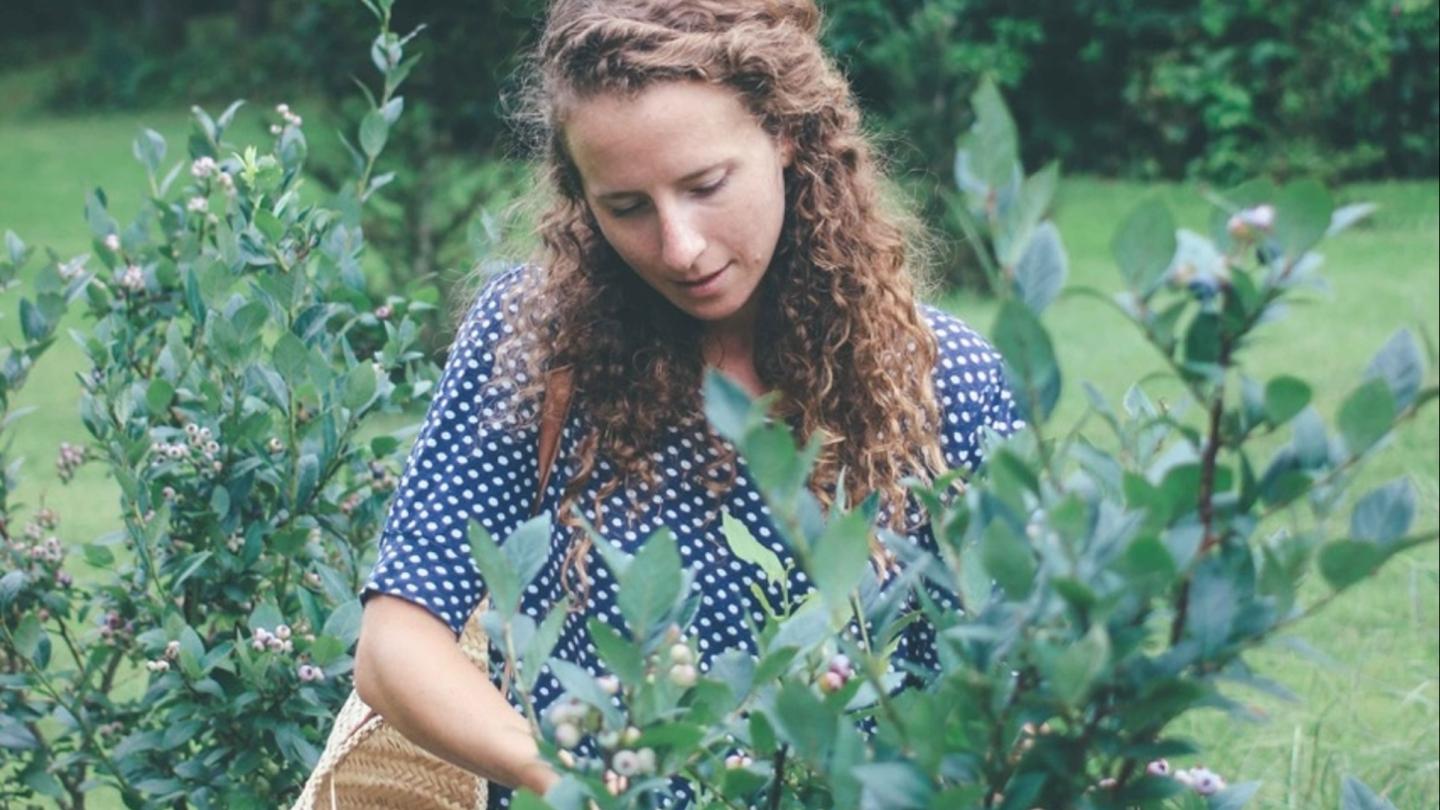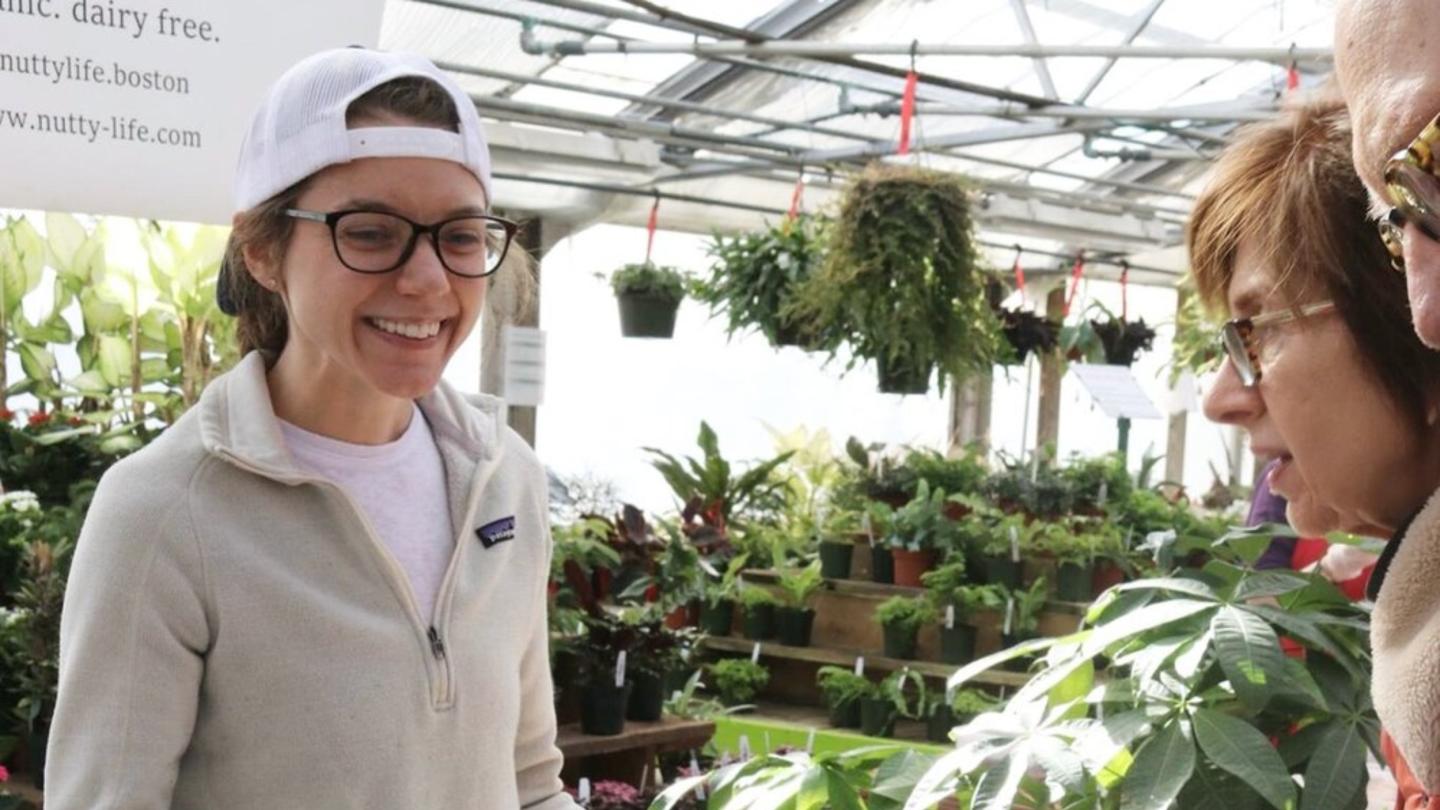Q: Tell us about yourself and your business, The Well Co.
A: I am a global health nutrition and sustainability advocate, with an MS and MPH from Tufts University. After working domestically and internationally on global health and food system related issues I knew that the way I would really make the kind of impact I wanted to would be to open my own social impact-driven business. It certainly wasn’t an easy road getting started on my own, but it has been worth it every step of the way.
Today, The Well Co. has two components:
- One is a consumer education website called The Well Essentials which offers educational resources, recipes, and self-study tools for people who are interested in learning more about health and nutrition from a holistic and sustainability focused mindset.
- The other side of my business is the consulting and advocacy work I do for social impact companies and non-profits that are focusing on health and sustainability issues. I work to help educate people on topics ranging from sustainable food and textiles to female empowerment issues, with emphasis on sustainability and how individuals’ choices impact their bodies and the planet.
I was drawn to this work because I was interested in learning as much as I can more about the world, and I always knew that I wanted my work to be something that could make a real impact. My husband and I are big travelers, and on a trip to a rural part of Indonesia, I saw for the first time what chronic malnutrition really looked like. That was the spark that set me off on the track to assist with global health. While I have worked in research, policy, and communication over the years I really do believe that so much comes down to educating and engaging the average person on these public health and environmental issues. Even if you never travel, it is so important to realize that we’re all connected in this global system and to learn what our personal responsibility is in how we impact it.
Vermont seemed like an incredible place to grow my business. And it has been.
Q: How did you make the decision to move from Boston to Woodstock?
A: It was purely based off our intuition. Our building in Boston was being sold and we had a gut feeling that we were going to find more of our people in Vermont. Being a part of a community that embraced entrepreneurs, the local food movement, and environmental issues was important. So we decided to move to Vermont and not think much about it. It’s so important to find a community of people where the values inherently resonate with you and you resonate with the community. Focusing on public health and sustainability, Vermont seemed like an incredible place to grow my business. And it has been.
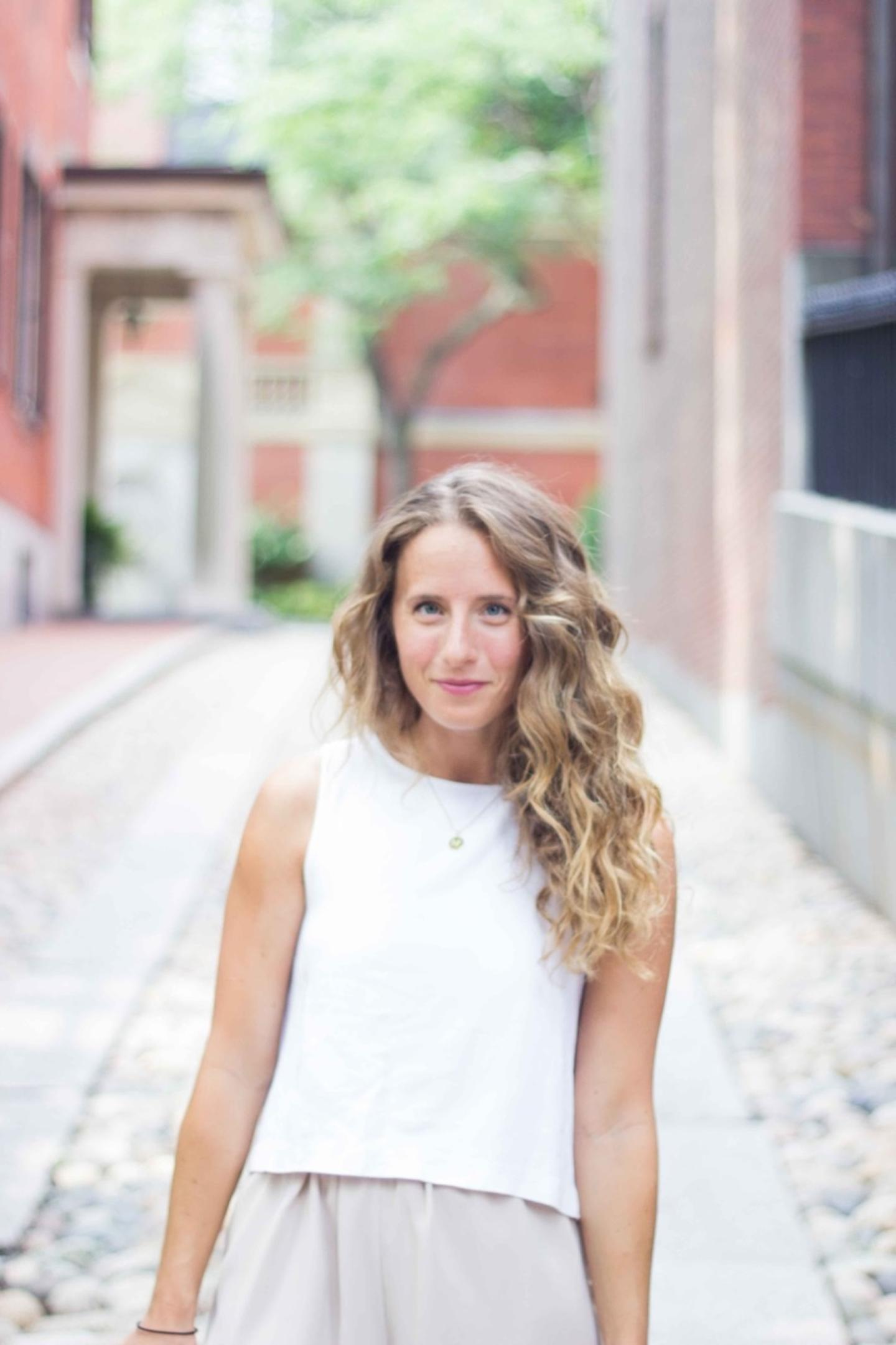
Q: You’ve also moved your business with you. How has that transition impacted your company’s goal to inspire “simple sustainable living for a healthy mind, body, home and planet”?
A: I honestly think it’s been for the better. There’s something about Vermont that really interests people. I work with people from all over the world and I’ve noticed that the perception of being in Vermont is positive and aligns very well with what we’re doing. Being here, it’s such a natural fit. It’s been very positive and its only been 3 months since we moved here. So many of the progressive food and environmental policies also get their roots started here, which is something I am really excited to be a part of more.
Q: What were the biggest risks/fears you encountered when deciding to move?
A: My husband and I are drawn to making choices outside of the norm, and when you do that, people have a lot of opinions. So for me, it was fear of people being right that moving from the city would be bad for a business, or the community wouldn’t be a fit for us. But my husband and I were on the same page. We went with our intuition, and I feel that if your intuition is strong, the universe is aligning with what you should do, so you have to trust it. That fear wasn’t enough to stop us from moving.
There’s a larger population of young people . . . and they’re invested in the community and want to see really cool things happen here.
Q: Has your perception of Woodstock changed since becoming a resident?
A: There’s a larger population of young people than I thought. And they’re invested in the community and want to see really cool things happen here. They’re invested in the local food movement as well as the preservation of history and nature in the greater area. They want to see a little bit of progressive change happening without compromising the lovely, quaint, historical aspects of the town.
And those qualities offer a teaching point – with a lot of potential for more education. Here, you’re experiencing nature and a highly preserved piece of history. If people leave Woodstock with a little more appreciation of nature, that’s valuable.
If a fraction of the people visiting took their appreciation of nature here, and thought of it on a global level, there would be a major change. Sustainability could go further. Are they shopping locally? Are they thinking when they go home how they impact the environment?
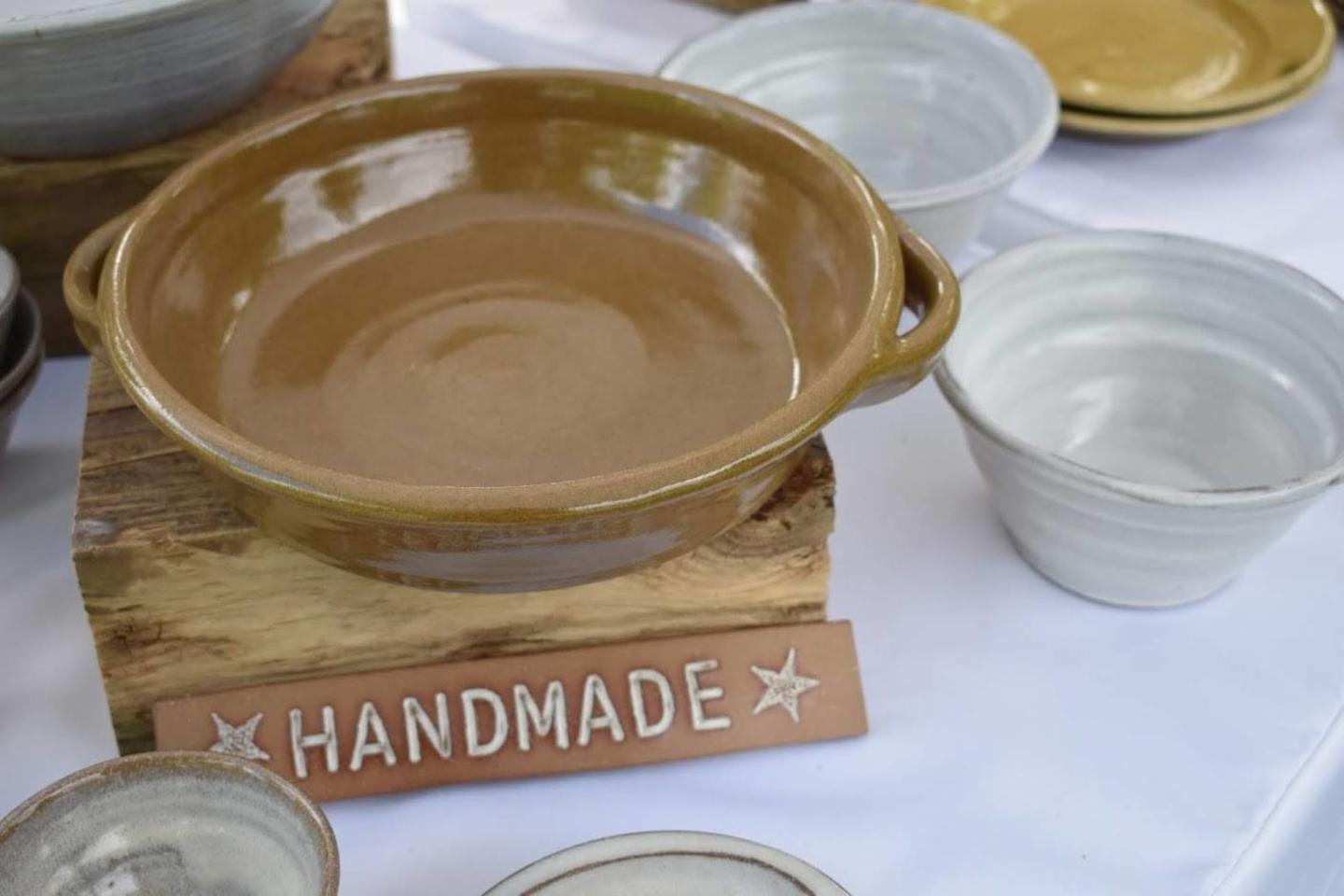
Q: What are you favorite local shops and artisans and why?
A: I love the Woodstock Farmers’ Market. My husband and I have a very European mindset which means that we don’t do a lot of large food shopping trips. Instead, we go to the Farmers’ Market many times a week — this always keeps us from wasting food and is a fun way to connect with our local food system. I also love Laura White Pottery. She’s a local artist whose pottery is available at Billings Farm & Museum – another favorite local teaching point of mine – so enjoying her work is a very cool way to support a local artist that’s also supporting local businesses.
Q: Speaking of local businesses, what can you share about your company’s upcoming offering, The Well Living Program?
A: It’s an online program that people can access anywhere, as we all have busy lives – that goes beyond health and nutrition. Through a 4-week program of webinars and homework assignments, we’ll cover how to live sustainably and support health from a holistic standpoint. That includes general integrative nutrition guidance, and holistic remedies for a range of common health concerns.
It will address how to create a sustainable environment within the home, reduce waste and common toxins, and getting more connected to our personal impact. It’s scheduled for early 2019 because that’s a time when there’s a lot of diet culture and I’d like to give people something that’s more sustainable and meaningful instead. Diets are about breaking food down into macro nutrients, no longer seeing food as part of our culture, but just numbers. The healthiest cultures don’t look at food with that mindset.
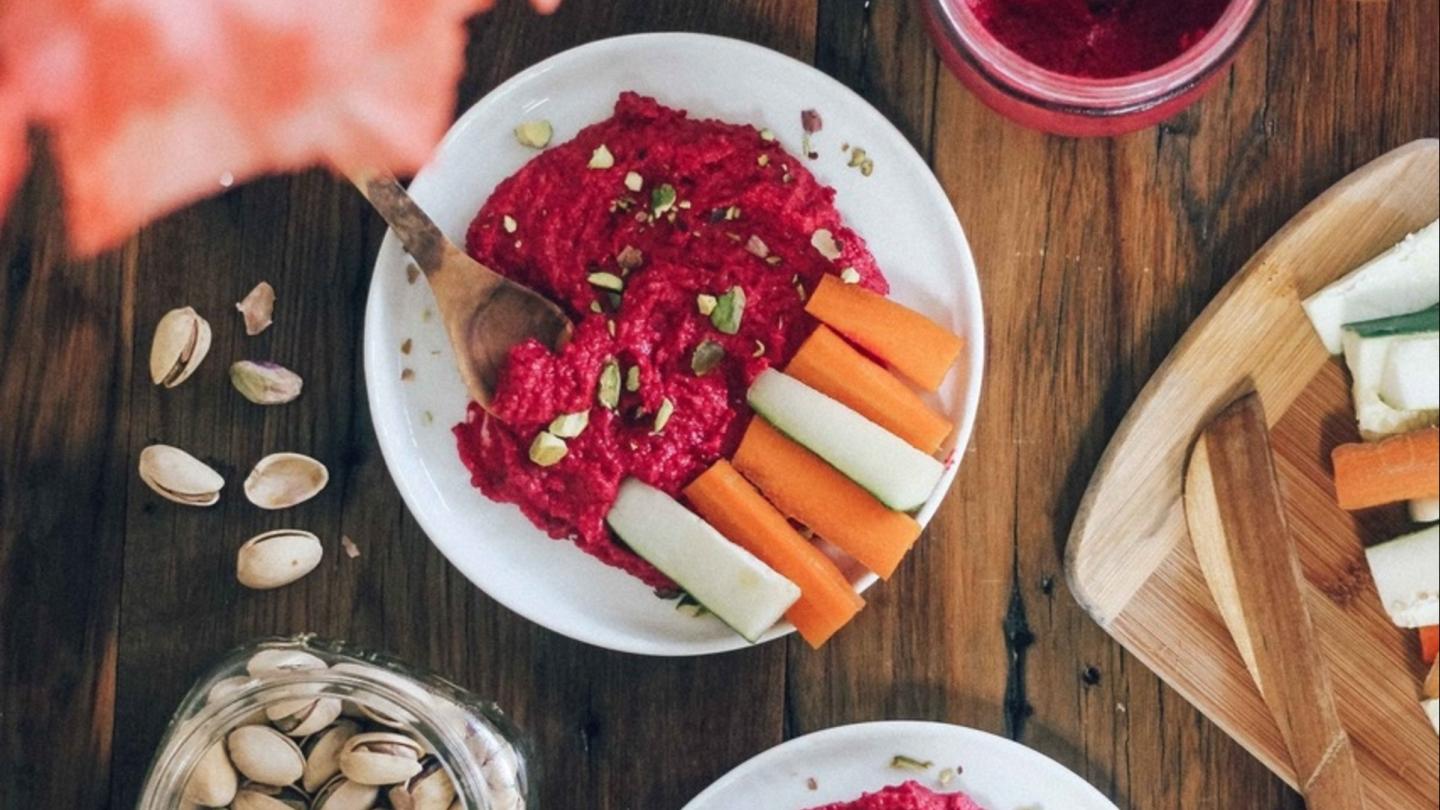
Q: What simple, everyday tips can you offer people looking to start leading a more sustainably-focused life?
A:
- The biggest one is to be aware of how you interact with plastic. Not to change anything at first, just become aware of how often you interact with plastic. None of the plastic you use will ever fully breakdown, and it is a huge environmental and public health issue we face today. Most of the plastic we use is also single-use plastic, which is on average used for less than 10 minutes. If you start to think about that, then you can start to think about making changes that don’t feel overwhelming.
- My next tip is to start to ask "who made or grew this?" You can think about this in terms of clothes, ceramics, food. I think we become disconnected from things we consume and don’t realize there are people behind every single one of those items. I don’t think we think about those people enough. As you ask those questions, you connect to the things you’re purchasing and by nature become more aware of the system you’re supporting. It’s a non-overwhelming way to become more connected.
- My last tip is to live more locally no matter where you are. Living locally means shopping locally, supporting local businesses, eating locally, which is especially relevant when traveling. Eat local foods, because not only will they taste better, but there’s less of a local footprint. That’s one of the best ways to connect with the communities and by nature live more sustainably.
Q: What are your top tips for reducing stress? Any recommendations for Woodstock residents specifically – hikes, local activities?
A: I have a product called The Well Library where I have so many resources addressing stress reduction. I believe that the key really is to live with a little more intention which naturally supports both mental and physical health. Stress is the common denominator of ailments. But for local activities:
- I’m a big proponent of yoga. I know ArtisTree has a wonderful yoga teacher.
- Mt Tom is pet and kid friendly. Fifteen minutes spent outside is enough time to reduce cortisol levels in our bodies, which is the stress hormone. Humans feel better being outside. Even fifteen minutes is enough to sleep better, help hormonal balance, and mood.
- On a simpler level, don’t underestimate stepping barefoot onto grass. It’s called grounding, and it makes you feel connected to nature.
If you’re feeling called to Vermont, just do it.
Q: What would you recommend to anyone considering moving their family and/or business to Vermont?
A: If you’re feeling called to Vermont, just do it. I think the more people tune into their intuition and push society’s opinions, viewpoints, and expectations to the back burner the happier they’ll be. There are so many people who are flourishing here. It’s a wonderful community that welcomes entrepreneurs, and especially young entrepreneurs.
